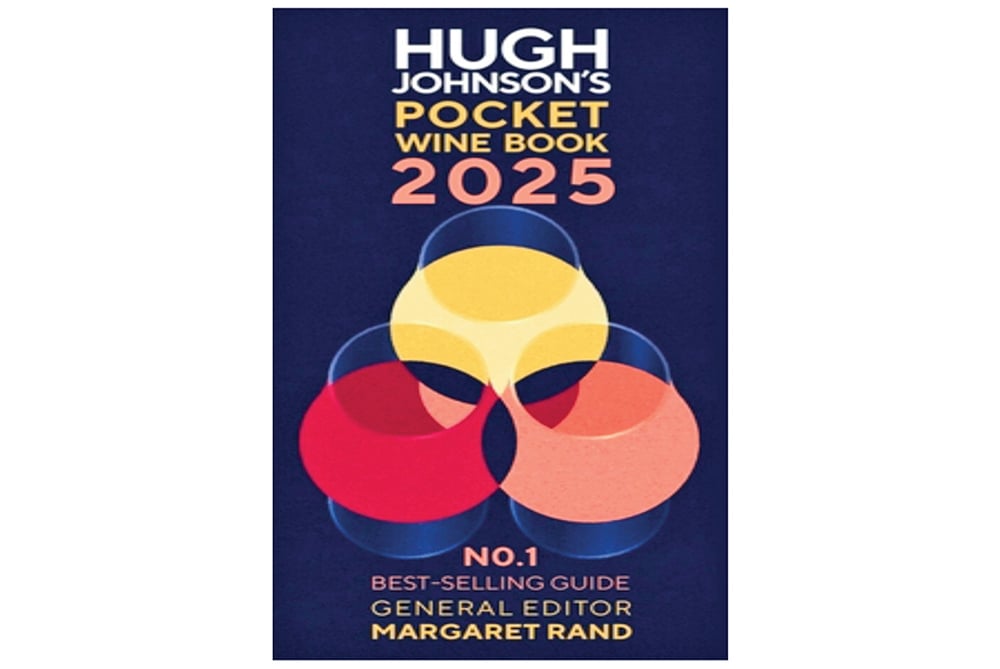
Hugh Johnson is one of the world’s preeminent writers on wine. First published in 1977, his “Pocket Wine Book” remains the world’s bestselling annual wine guide, with more than 12 million copies sold. In recent years the book has been written by famous wine writer Margaret Rand, with advisors for the Israel section being Adam Montefiore and Gal Zohar. Montefiore, known as the English-language voice of Israeli wine, is a longtime industry veteran and currently writes for the Jerusalem Post, while Zohar is owner of the W Wine and Spirits Wine School, the WSET-approved school in Israel.
Unlike other guides, the Pocket Wine Book doesn’t rate individual wines, but awards one to four stars based on the caliber of the winery.
The concept is a general scoring of a winery according to the quality of all the winery’s wines and according to their consistency. The grade for the winery itself is a weighting of all the grades for the wines. Just about every wine region in the world is reviewed.
Drum roll please for the wineries in Israel awarded four stars in the recently released 2025 edition: Castel, Flam, Sphera, Tzora and Yarden. Three stars were awarded to Agur, Clos de Gat, Dalton, Feldstein, Chateau Golan, Margalit, Raziel, Recanati, Shiloh, Vitkin and Yatir.
As you can imagine, the rankings kicked off some controversy in Israel and the broader kosher wine market. Gvaot, known for making the best pinot noir in Israel and for leading research into native Israeli grapes, was awarded only two stars, a real shocker. Gvaot winemaker Shivi Drori is an icon on the Israeli wine making scene.
Ido Lewinson of Barkan, one of Israel’s only Masters of Wine, was awarded three stars for the wines he makes under his own name, and Mia Luce, the project of Recanati winemaker Kobi Arviv, also achieved this recognition. Itay Lahat is also recognized with three stars. But I was shocked that Yaacov Oryah, perhaps the most creative winemaker in Israel, pioneer of orange wines and innovator, was awarded only two stars. Oryah seems to have been penalized by the Hugh Johnson system which takes some broad selection of wineries’ productions into account. Oryah produces dozens of different wines, some elegant and widely popular and others that are creative and interesting experiments, wonderful to taste and thrilling to his fans, but not all crowd pleasers. Not everyone is a fan of his orange wines, wine from white grapes that is macerated with the grape skins in the style of red wines, but the style is fascinating to taste.
Winemaker Lewis Pasco is also another omission who would make it onto my best winemakers list. Another major shocker is the award of only three stars to Yatir, which is widely considered one of the top tier wineries in Israel. Jezreel Valley, popular for wines made from Argaman and Carignan grapes, is awarded only two stars, another surprise.
How much will these rankings matter for actual sales for these wineries? Probably not at all. The guide is an invaluable resource for the general non-kosher market and it’s not uncommon to see shoppers with the guide in hand when visiting a local wine merchant or traveling abroad.
Although the pocket guide has covered Israeli wines for years, it doesn’t otherwise cover kosher wineries. Kosher wine leaders Covenant and Hagafen are given very brief mention in the California section, but kosher wine giant Herzog isn’t included at all. The stars awarded do, however, convey some prestige and glamor however, so kudos to those who were well recognized. But as the Hebrew proverb goes — Al taam ve’reach, ein leitvakeach — on taste and smell there is no arguing!
Jules Polonetsky is a WSET Level 3 certified wine expert. More of his writing and resources he provides about kosher wine can be found at kosher-wine.org.









